What It REALLY Means To Listen To Your Body
Hey guys!
“Listen to your body” is advice I’ve seen over and over. I mean, I’ve GIVEN that advice soooo many times! But recently I realized that it’s kind of become a blanket statement. Wanna find the best workout for you? Listen to your body. Wanna lose weight? Listen to your body. Wanna maintain or gain weight? Listen to your body. Etc, etc.
It’s time to talk about HOW you “listen” to your body. Should it come naturally, or is it more of a learned skill? And… is listening to your body always the best advice?
Honestly, I don’t think it’s so black and white.
Don’t get me wrong – learning about your body’s cues and needs will never be a bad thing. But sometimes, we THINK we’re listening to our bodies, when we’re really just searching for excuses to cut ourselves short. I’ve also done the opposite and claimed I was “listening to my body,” when I was really damaging myself and pushing too hard.
So how do you know when your body is actually speaking to you vs. when your thoughts aren’t really in your body’s best interest? What does listening to your body ACTUALLY mean?!

When your body physically speaks to you
Pain. Soreness. Fatigue.
When is physical discomfort a sign that change is happening vs. a sign that you need to slow down? It’s really important to pay attention, know the difference, and be honest with yourself about what your body needs. But it can be hard when you’re starting something new. I mean, getting into a new routine is ALWAYS a little uncomfortable, right?
Muscle soreness and some fatigue is just part of working out. It’s a sign that you’re growing and getting stronger. It’s not an excuse to skip your workout until it goes away (staying active can actually help!) BUT you shouldn’t feel like this all the time. Constant soreness and muscle fatigue means you’re not giving those muscles time to recover and grow stronger – which is what you want them to do, right?!
Anything more than mild discomfort is something you should DEFINITELY listen to. If your range of motion is restricted, or your form is impacted in a negative way, this is a sign you need to step back. If you keep pushing at this point, you might end up with an injury that really sets you back. Not worth it.
Know your levels of discomfort. If something feels off, don’t question it! Honor it.

And then your brain steps in and complicates things
Getting in tune with yourself mentally is equally important, but more difficult for many of us (including me). Our thoughts have SO MUCH POWER over our confidence, feelings before and during a workout, how hard we work, etc. It’s obvious that we should spend some time working on the mental side of things, but ugh it can be so hard.
Sometimes, my brain really wants me to quit. It says “Eh Cassey, you’re not feeling super motivated today. Maybe we should cut out a few reps. It wouldn’t hurt if you skip that last half mile on your run. Why challenge yourself with heavier weight when this one is easier?”
And sometimes, my brain is like a drill sergeant, screaming at me to push harder. “Don’t stop, no matter what.” Even going to the extreme, telling me that I’m a failure if I stop. Or that I’m weak and not good enough if I don’t succeed. That taking a day off is lazy.
And this is where listening to your body gets tricky. It’s much easier to feel physical pain or discomfort. But when your brain tells you to stop, that you can’t do it, or that you should push too hard – should you always listen?

How to “listen to your body”
Here’s what I do to stay “in tune” with myself and how my body is feeling. Doing these things has helped me learn what works for my body vs. what doesn’t! It has improved my mental strength and endurance. I’m more kind to myself and honestly, I’ve gotten to KNOW myself.
Slow down
Whyyyy is this so simple, yet SO HARD?!
If you know me, you know my mind is always go, go, go. I have to tell myself to slow down all the time. Why? Because I know that if I don’t, I’ll stop listening to what is best for ME and get it confused with what everyone else (society, social media, etc.) makes me THINK is best for me.
If you’re struggling to know the difference, it’s okay. We are constantly bombarded with comparison, conflicting information, and seeing others’ lives through rose-colored glasses. So just remember to slow down, check-in with yourself, and center your goals around what makes YOU shine.
Learn how to scan your body
Do this before, during, and after your workout. Actually, do it multiple times throughout the day even if you’re not working out.
All you have to do is pause, and see how each part of your body is feeling. Once I started doing this more often, here’s what I noticed:
During my workouts – I was scrunching my face, holding tension in my shoulders, and not always bracing my core. The first two were causing me to waste precious energy where it wasn’t needed, and the third was causing me to sacrifice form. A simple body scan keeps me present during my workout and has helped me make serious progress.
During the rest of the day – Again, I never noticed how much tension I hold randomly. Making a habit of scanning my body helped me learn signs of stress like tensing up through my jaw, neck and shoulders, and even holding my breath. When I scan and notice, I can relax and breathe deeply.
Journal
You know I love journaling for all things, just because it forces me to be mindful. And I have a slight obsession with data 🙂
When I write notes about how I’m feeling mentally and physically, it keeps me accountable but also forces me to see trends in how my body is responding to certain routines or situations. Otherwise, my mind just races right past how I’M doing and focuses on what’s next with work, etc.
Writing out my feelings and reading them back to myself keeps me from overwhelming myself or burning out.
Put yourself in a good mental space
Where you’re at mentally can make or break your workout (or the outcome of any challenge you’re dealing with). So check in with yourself before you start your day, workout etc. Look in the mirror and say, “how are you?” You’ll be surprised to see how often you can turn your whole day around just with this little check-in before you rush off to work, exercise, etc. Maybe you’ll realize that you need a minute to breathe, or you need to pump yourself up with your favorite playlist.
And get comfy with positive self-talk. I’m not just talking about during your workout (even though studies DO show that cheering yourself on improves your workout performance, which is SO COOL). You should listen, respect, and stay positive in the way you talk to yourself even when your mental health requires you to slow down. In other words, pay attention to feelings of burnout, unhealthy expectations, or comparison.
So. Listening to your body is an active practice. Going about your day, waiting for your body to tap you on the shoulder and tell you what it needs isn’t going to work most of the time. And as always, we’re all different! The way you listen to your body is going to look different than the way I listen to my body. The most important thing is that we all honor our own needs.






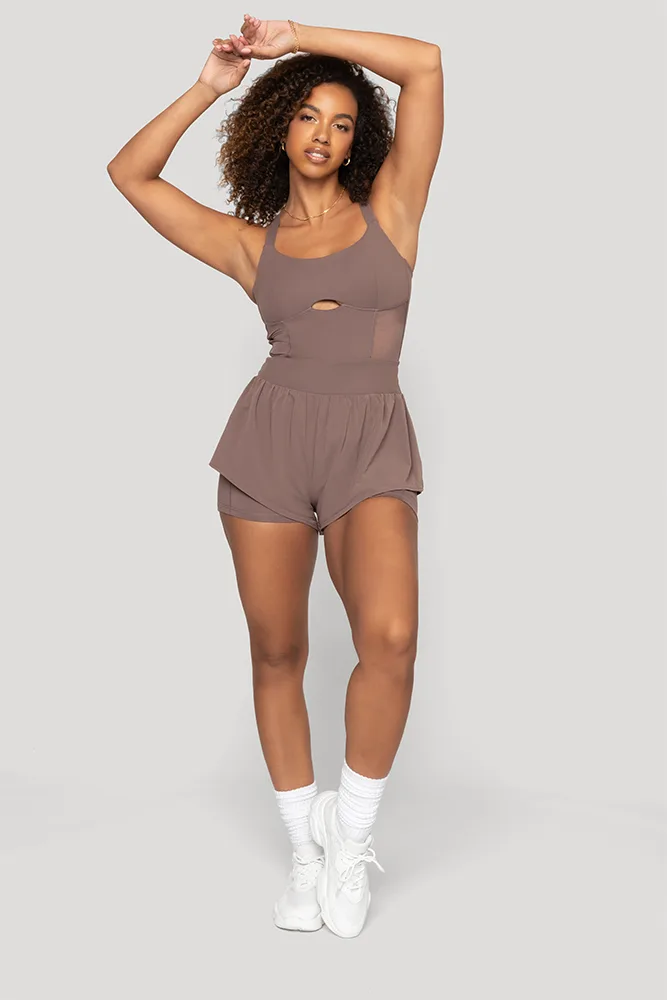
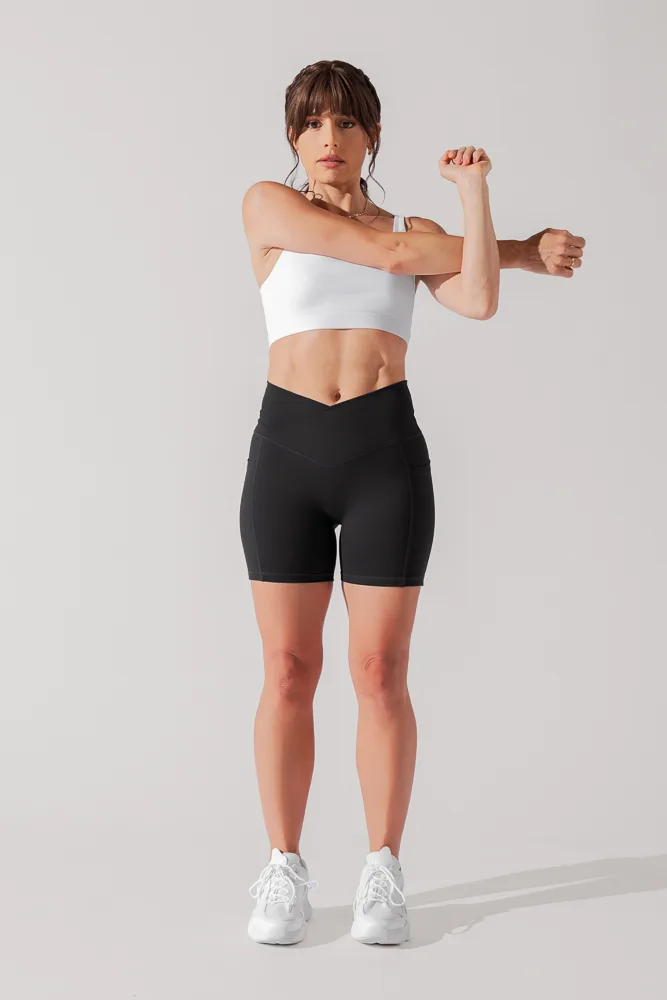







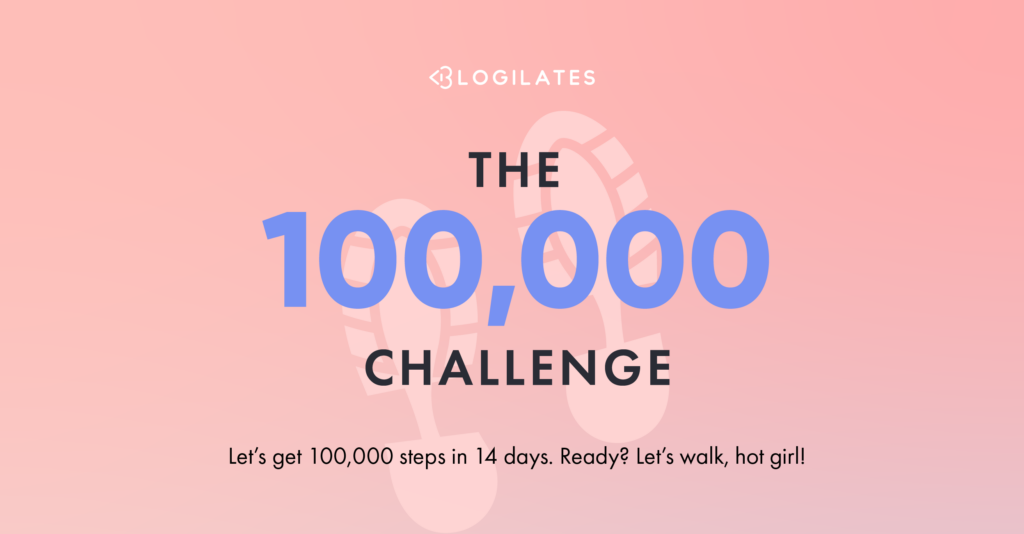
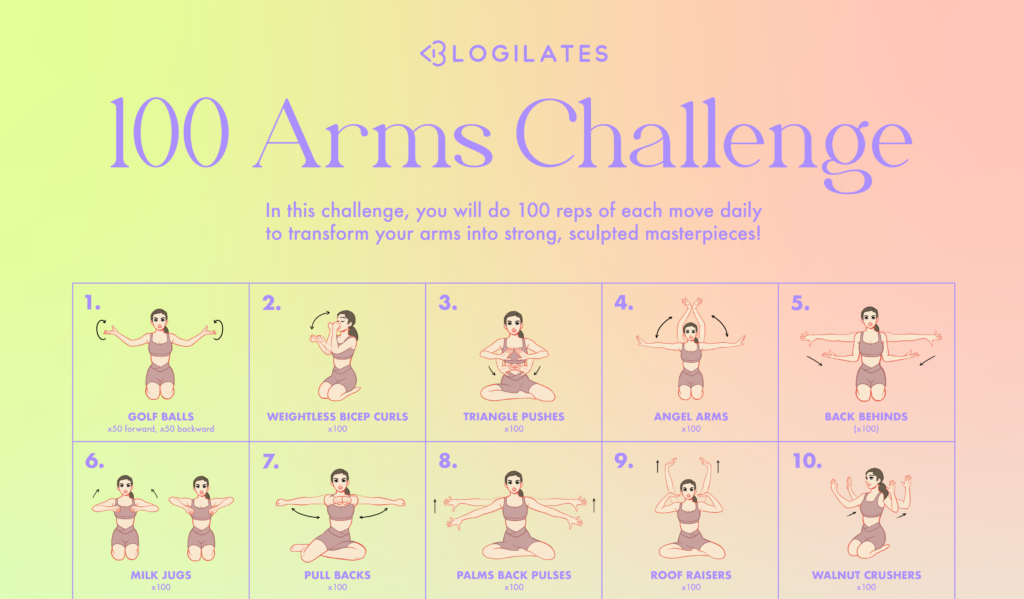
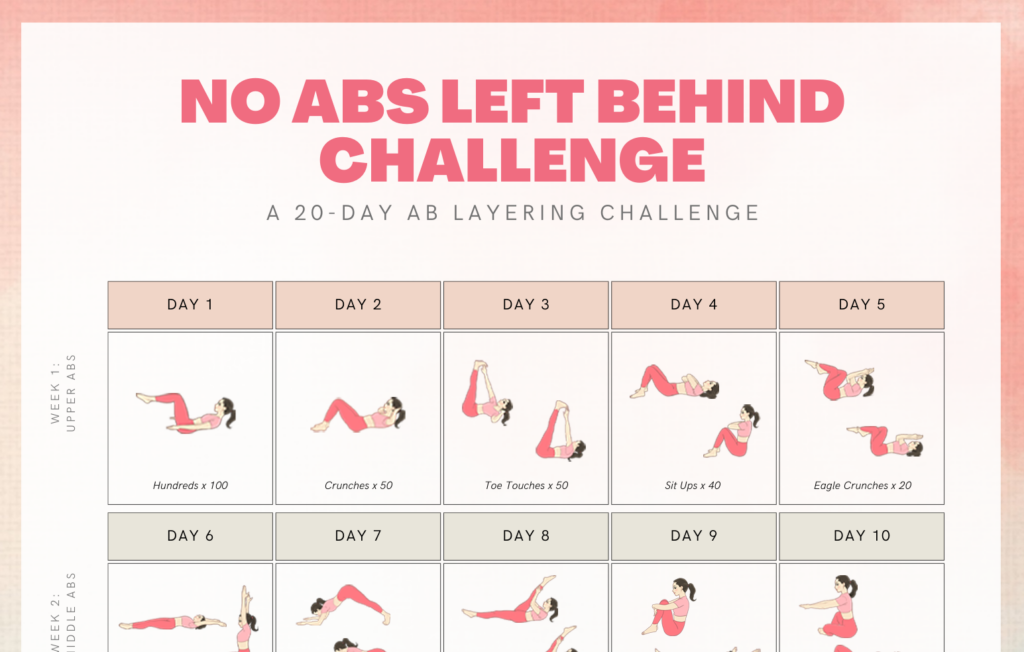

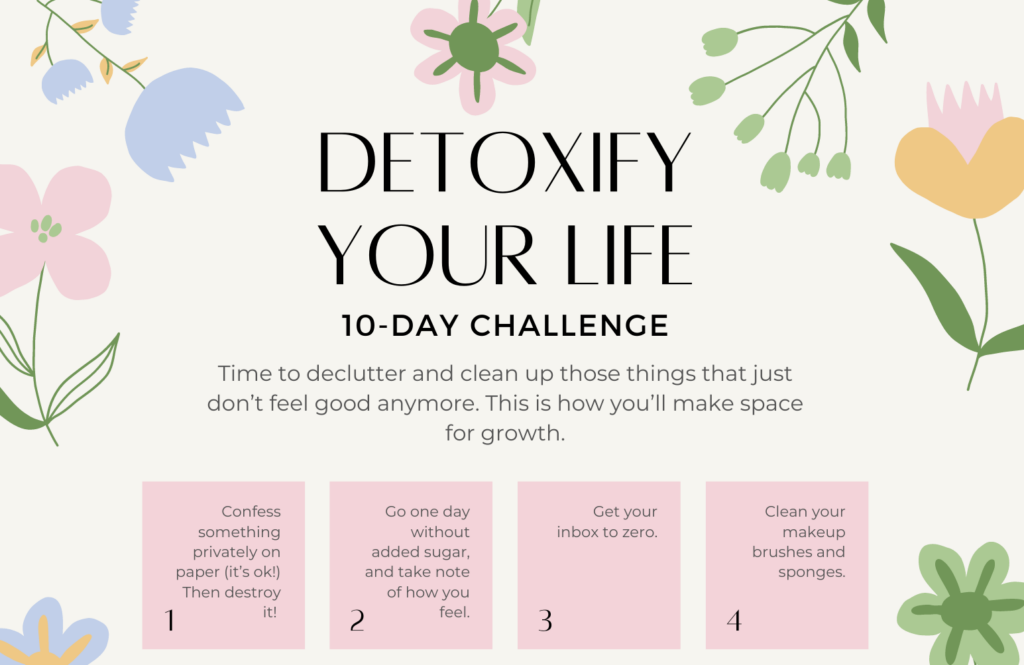
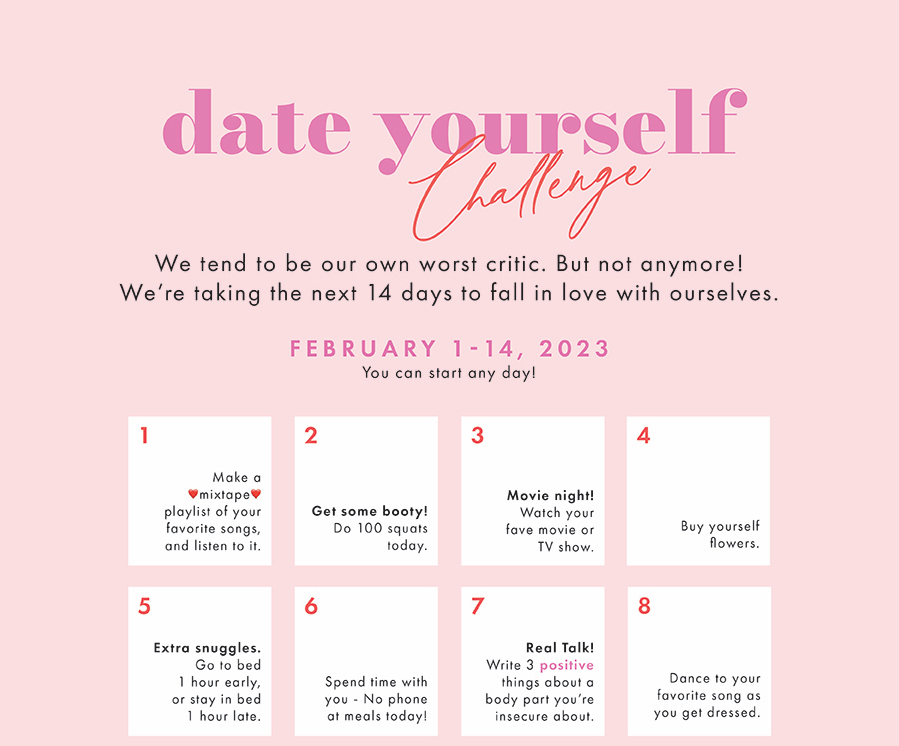
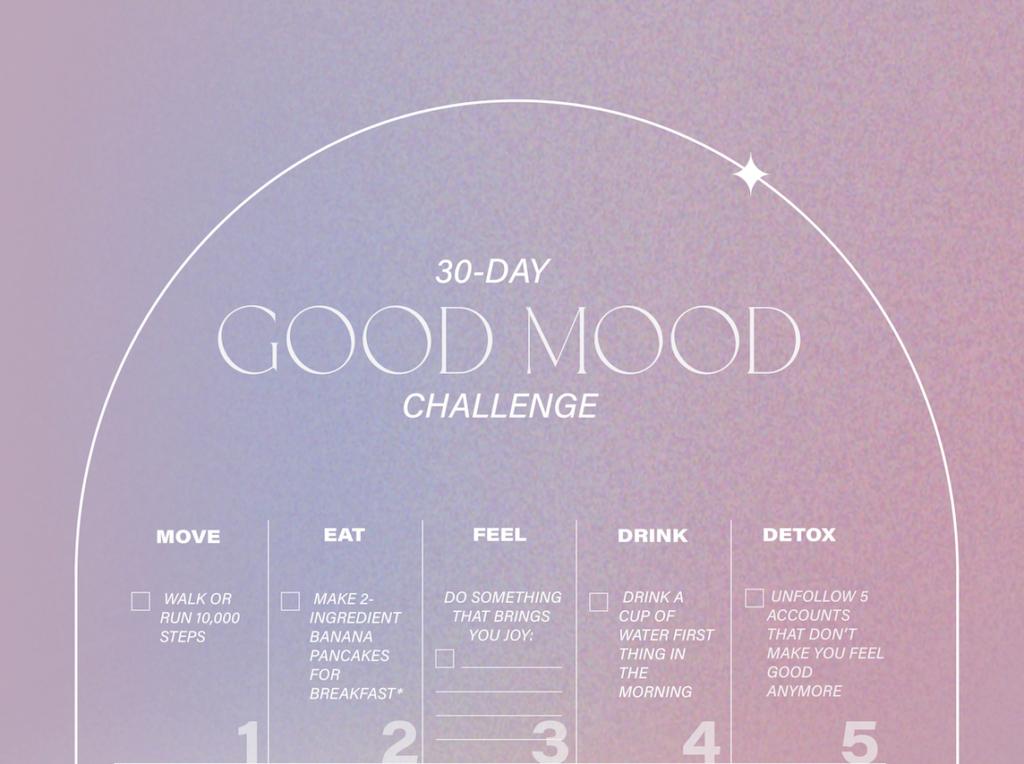
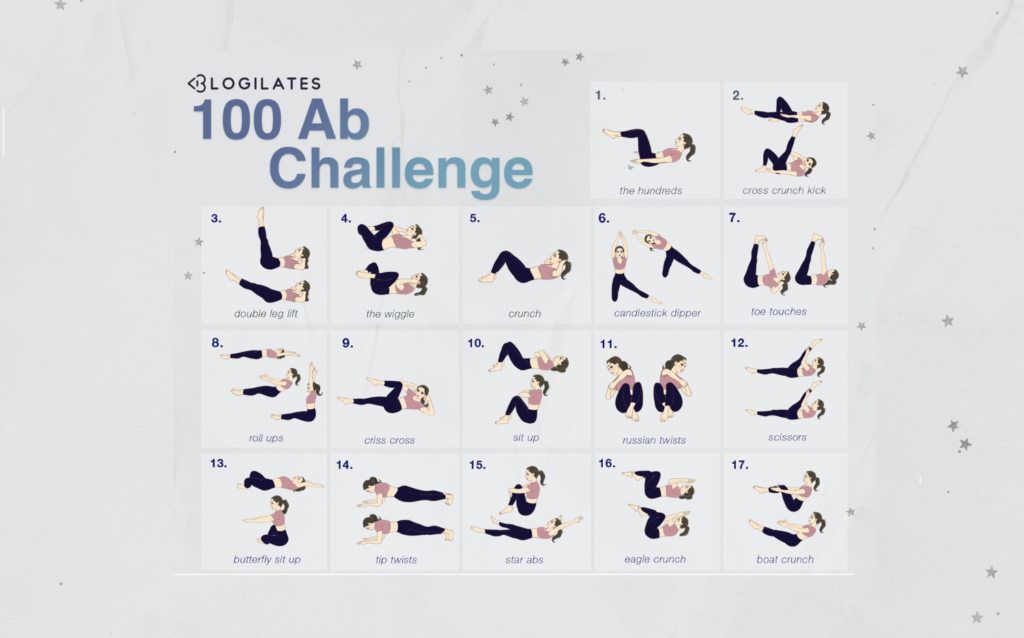
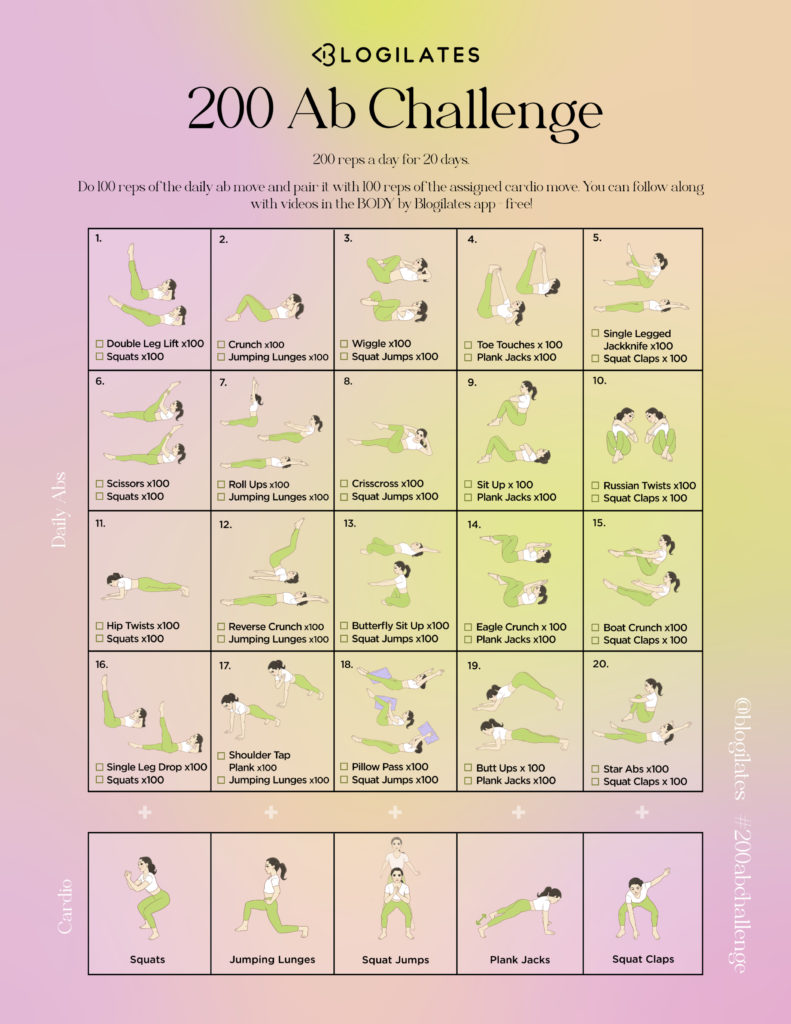


7 thoughts on “What It REALLY Means To Listen To Your Body”
There are 7 comments posted by our users.
Hi Cassey,
Unfortunately I pushed my self too hard on my workouts and completely ignored the signs my body was telling me (constant knee pain and fatigue) and now I’ve been banished from exercising for a few weeks. Are there ways I can still be active and get strong while recovering from a knee injury. Exercising is my main way of helping with anxiety and stress, so not being able to do it just sucks!
Ahhh I’ve been there before! I would say to try and find other workouts that relieve pain on your knees but still keep you active. Pilates, yoga, etc. will still work other parts of your body while you recover but remember to try and listen to those cues to avoid any more injuries!
Hi Cassey,
I’ve had this question on my find for a long time, and your answer really helped 🙂
Thank you for all your work, I hope you stay happy and healthy.
Thank you for this post. Am stuck at this moment between starting again after being in to much pain. So I rested, but know when I start trying it’s ok for a day or two and then pain. I need to find the balance in the amount of workouts that my body can handle at this moment which I find very challenging.
Dear Cassey,
How do I know when I’m over exercising? I always feel like if I skip one day I will lose all of my progress. I stay up most nights until after midnight doing workout videos, telling myself that I’m a failure if I quit, even though I’ve already done an hour of high intensity workouts earlier that day. How can I save myself.
Love,
Exhausted
Dear Cassey,
You inspired me to heal my mental health ( or at least start the process) How do I open up to a nutritionist or therapist? It is so so hard and I am having a difficult time with this. I hope you have some strategies to calm my nerves!
Thank you,
Wants to get help